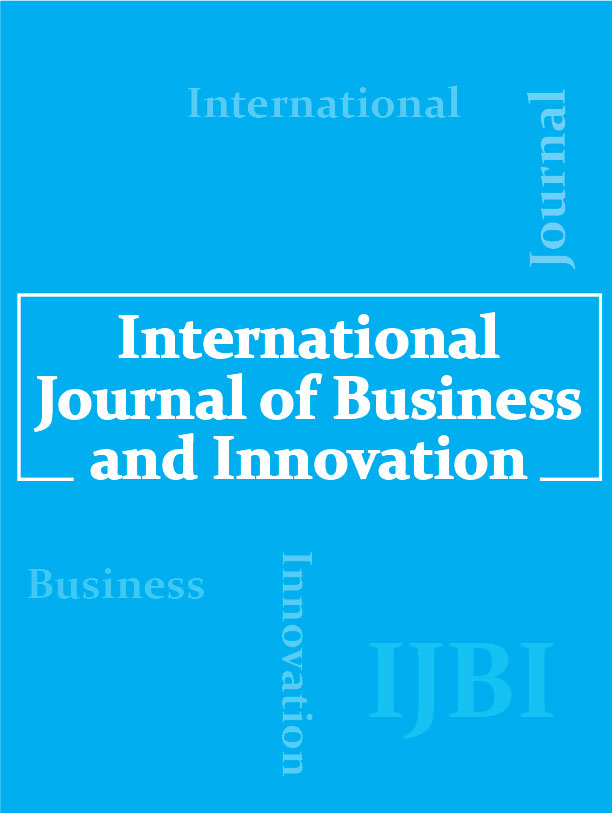Critical Factors towards Philanthropic Dimension of CSR in the Nigerian Financial Sector: The Mediating Effects of Cultural Influence
Aminu Ahmadu Hamidu, Md. Harashid Haron, Azlan Amran
The purpose of the study is to examine the leading factors towards philanthropic dimension of corporate social responsibility in the Nigerian financial sector. The need to build corporate image, prompt managers towards prioritizing the philanthropic dimension of CSR. Satisfaction of stakeholder needs to reduce the pressure exerted on managers’ leads also to the assumption of more philanthropic activities. Within these set of circumstances, the objective of the study is to explore the possible predictive factors leading towards prioritization of philanthropic dimension of CSR by managers of the Nigerian financial sector. This study examined the relationships between philanthropic dimension of CSR, corporate image, stakeholder pressure and cultural influence. A total of 173 managers from the Nigerian financial sector responded to the survey instruments administered which later on was analyzed using partial least squares-structural equation modeling. The results revealed that corporate image and stakeholder pressure are influencing factors towards prioritization of the the philanthropic dimension of CSR, and are mediated by the role of cultural influence in the Nigerian context. This study highlights the prioritization of philanthropic dimension of CSR by managers of the Nigerian financial sector with respect to cultural influence and predictive factors like building a corporate image and reducing pressures from stakeholders
Factors Affecting the Adoption of Internet Banking: A Study in Dhaka City, Bangladesh
Zobaida Khanam, Mohammad Zahedul Alam
Internet Banking is considered as a strategic resource that replaces paper based and labour intensive functions with automated processes for ensuring greater efficiency, control of operations and reduction of cost. Internet Banking users are being expected to rise in Bangladesh due to the Government vision 2021: Digital Bangladesh, where Internet Banking system is one of the important aspects to speed up the financial activities of the country. This study aims at identifying some important factors which are account for the adoption of Internet Banking by the users of Bangladesh. To investigate the factors, a circumstantial questionnaire study is conducted on a sample group of 200 banking customers selected from Dhaka city. Then by employing Factors Analysis, it is identified that factors “security and privacy”, “features of the Internet banking website” followed by “Perceived ease of use and usefulness’’ explained most of the variance. This study, hopefully, will provide valuable information to the banking industry to develop its marketing approach for promoting online banking services and to become aware of the factors that are most influential to increase the number of Internet Banking users in Bangladesh.
The Effect of Corporate Board Structure on Foreign Share Ownership: Listed Companies in Gulf Cooperation Council (GCC) Countries
Mohammed Gubran Mohammed Saad AL-shamahi, Kamarul Bahrain Abdul Manaf, Ali Saleh Al-arussi
This study empirically examines the effect of corporate board structure on foreign share ownership in Gulf Cooperation Council (GCC) countries. Specifically, it examines the effect of the financial expertise of the board of directors, board size, board independence and board meeting on foreign share ownership. The analysis is spanned the period of 2012-2015 for 142 non-financial listed companies on the GCC stock markets. The results demonstrate that foreign share ownership is positively related to the financial expertise of the board of directors, board size and board independence. The implication of this study may help users in making better public policy decisions, and provide guidance for corporate managers on the needs of foreign investors.
